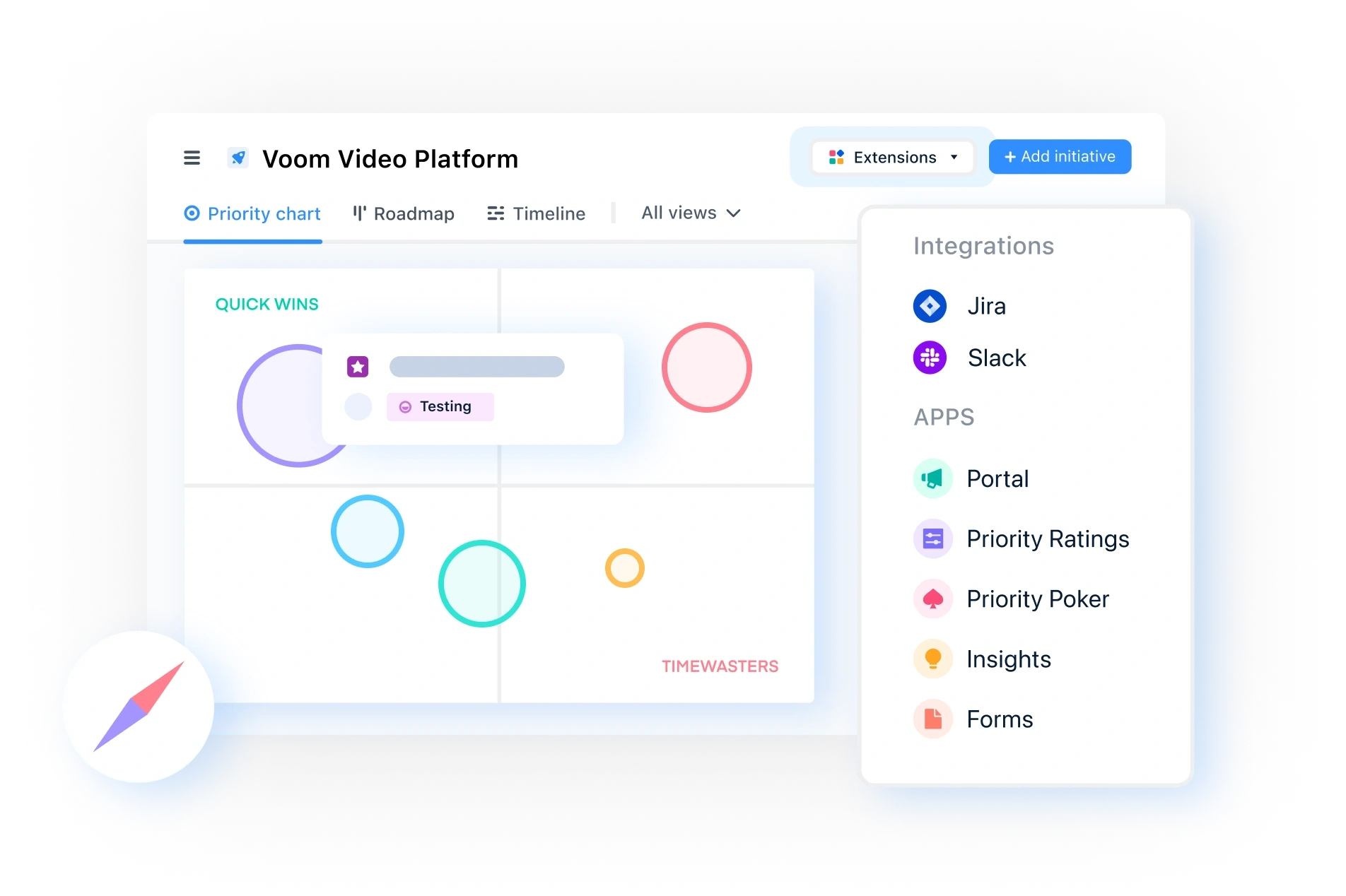Ideas Versus Opportunities
What does Ideas Versus Opportunities mean?
Definition of Ideas Versus Opportunities
Often used interchangeably, there’s actually a big difference between an idea and an opportunity in business. Put simply: a business idea is a concept that could be used to make money, and an opportunity has proven commercial value. Knowing the difference between an idea and an opportunity is crucial to avoid wasting significant time and money.
After all, everyone stumbles upon an idea at some point — maybe even several times a day! But how much potential lies in that solution? Is it ‘just’ an idea? Or is the problem you’re solving common or disruptive enough to represent a genuine opportunity for your brand?
How do you tell the difference between an idea and an opportunity?
A business opportunity is an idea that has the potential to become a viable enterprise, with a place in one or more markets. It earns the title of ‘an opportunity’ if it:
Forecasts high gross margins
Has the potential to break even within 12-36 months
Has a really dedicated, passionate team behind it
Only faces low level, or manageable, risk (and there are strong contingencies in place)
How do you create an opportunity out of an idea?
A business plan is essential to translate an idea into a viable opportunity. Look for gaps in the market and define how your idea would fit in.
Within this place, you must also consider which resources you’ll need to bring your opportunity to fruition (funding, a competent team, effective leadership, manufacturers, etc.).
Determining the difference between ideas versus opportunities is the key in making money and capitalizing on trends.
Business opportunity definition
There are bad ideas and good ideas, but not every good idea is a business opportunity.
Evaluating whether an idea is a business opportunity starts with asking the right questions in four main areas with the acronym CRAM, which encapsulates the business opportunity meaning.
C- Capability
Few individuals have everything they need to set up and operate a business opportunity without any help. Most need to leverage skills and services that other people have. However, an assessment of the current and potential relationships available can quickly help you decide if your idea meets the business opportunity meaning. Meaningful questions to ask about capabilities are:
What knowledge, skills, and resources (including time and money) do you have already to bring your idea to life?
What relationships do you already have to augment the missing pieces of your idea?
Will you need partners to produce a product or perform a service?
Do you have an existing distribution channel, or do you need partners to help get the product or service to customers?
How committed and passionate is the team of people you will need to make the idea a reality?
R - Risks
Every idea has risks, but how severe they are and how manageable can be the difference between a good idea and a viable business opportunity.
A business opportunity definition includes manageable risks and contingencies. Risks to consider are over-dependence on resources that are outside of your direct control, current or potential competitors, and existing or future regulations.
How much initial investment is necessary?
How well known is the industry or sector?
Are there patents in place or other ways to protect unique IP?
A- Ambitions
The definition of a business opportunity is closely tied to the ability to make money, but there needs to be a broader consideration of whether the idea is a good goal fit for the team that will bring the idea to life. A true business opportunity definition considers financial, lifestyle, and purpose goals.
Will revenues be high enough to cover costs and make enough profit?
How long will it take to break even after initial setup costs and investments?
Does the business opportunity have a desirable end game? Can it be acquired, floated on the stock market, or run with minimal management?
Will the business allow for the lifestyle you want to lead?
Does the idea fall in line with the values and principles of the team?
M - Market
A business opportunity definition includes an audience who are willing and able to take advantage of the idea. In most cases, this means a significant group of people who need the product or service and have the means to pay for it.
Who is the target audience? Consumers, businesses, particular demographics?
How many people are in your target audience? Is the size of the market large enough?
How much does your audience need your idea?
Is your target audience able and willing to pay for your idea?
Evaluating ideas with the CRAM framework can help identify business opportunities. Saying no to ideas that are just good ideas can save huge amounts of wasted time, energy, and money.

General FAQ

Glossary categories
Prioritize with confidence

Experience the new way of doing product management








